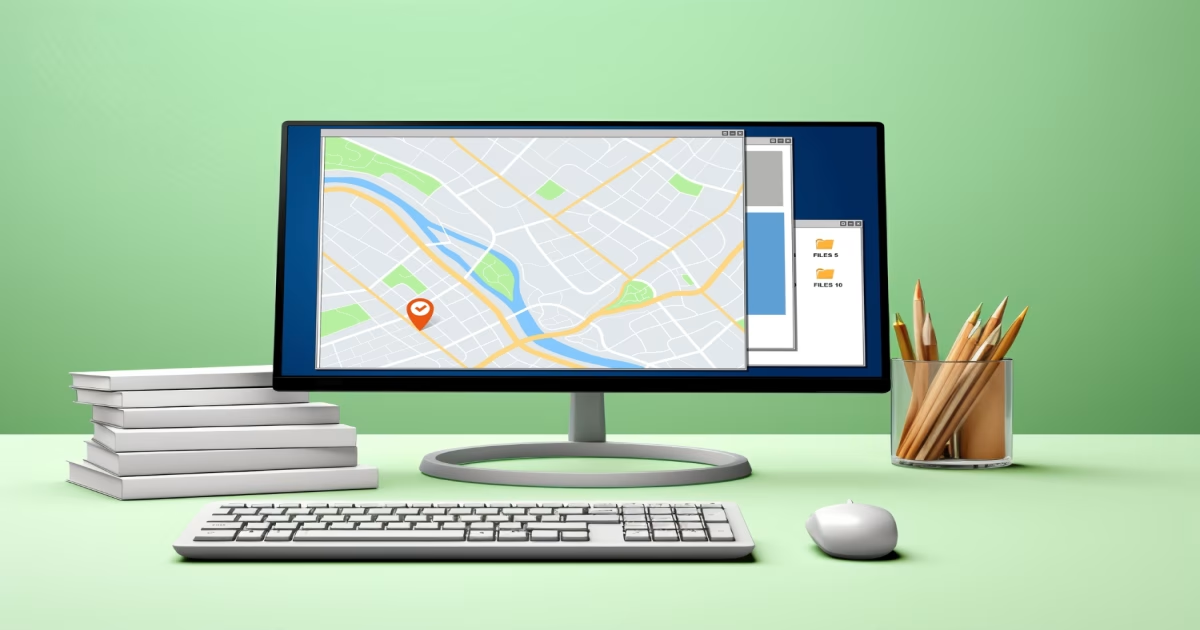Demystifying the IP Address: Digital Fingerprint

Unpacking the Mystery: What is an IP Address?
Imagine the internet as a bustling city,where each house (device) needs a specific address for mail and visitors (data) to reach them accurately.An IP address serves as this digital address,allowing devices to identify and communicate with each other across the vast network.Just like a physical address has components like street name and number,an IP address typically consists of four sets of numbers separated by periods,like 192.168.1.1.
Exploring the Versions: IPv4 vs. IPv4
Think of IP addresses as evolving languages.The initial version,IPv4,dominated the early internet with its 32-bit address space,offering around 4.3 billion unique addresses.However,with the exponential growth of devices,this limited pool faced depletion.Enter IPv6,the upgraded version with a whopping 128-bit address space,providing a virtually limitless supply of unique addresses for the foreseeable future.While IPv6 adoption is steadily increasing,IPv4 remains prevalent in many parts of the world.
Public vs. Private: Understanding the Duality
Think of your home Wi-Fi network as a private community.Within this network,each device has a unique private IP address for internal communication.This address stays hidden from the outside world,similar to how your home address differs from your city's official identification.However,when your device ventures out to the wider internet,it interacts with external servers using a public IP address,akin to your city's postal code.This public IP address acts as your device's visible identity on the broader internet.
The Dynamic Dance: Static vs. Dynamic IPs
Some public IP addresses are like nomads,constantly changing with each internet connection.These are known as dynamic IPs,assigned temporarily by your internet service provider (ISP).Static IPs,on the other hand,remain unchanged,acting like a permanent residence for your device on the internet.Static IPs are typically used for servers or business needs requiring consistent online identification.
Location, Location, Location: Unveiling Your Digital Coordinates
Ever wondered how websites seem to know your general location?Your IP address holds the key.Using geolocation databases,websites can estimate your approximate location based on your public IP address,though the accuracy can vary depending on the specific technique used.It's important to remember that geolocation based on IP address is not always precise and doesn't reveal your exact street address.
Privacy Matters: Protecting Your Digital Identity
In today's data-driven world,online privacy is paramount.While your IP address itself doesn't inherently reveal your personal information,it can be combined with other data points to create a profile.To safeguard your privacy,consider using a VPN (Virtual Private Network) that encrypts your internet traffic and routes it through a remote server,masking your true IP address.Additionally,be mindful of the information you share online and adjust your privacy settings on social media and other platforms.
Beyond the Basics: Advanced Concepts
For tech-savvy readers,here's a glimpse into more advanced IP address concepts:
- Subnet Masks:Imagine dividing your private network into smaller segments for better organization.Subnet masks define these segments,allowing for efficient network management.Subnet masks are denoted by a combination of numbers and periods similar to IP addresses,but they specify the network and host portions of the address.
- Network Address Translation (NAT):Think of NAT as a translator for your network.It converts private IP addresses within your network to a single public IP address for communication with the wider internet.This allows multiple devices on your network to share a single public IP address,conserving public IP addresses and enhancing security by hiding your internal network structure.
- DNS (Domain Name System):This clever system acts like a phonebook for the internet,translating user-friendly domain names (like [invalid URL removed]) into numerical IP addresses that computers understand.When you type a domain name into your browser,DNS servers behind the scenes perform this translation,allowing you to access websites without memorizing their numerical IP addresses.
The Takeaway: Empowering Yourself in the Digital Age
Understanding your IP address empowers you to navigate the online world with greater awareness and control.By demystifying this fundamental concept,you can make informed decisions about your online privacy and security.Remember,knowledge is power in the digital age:
- Be mindful of the information you share online.Sharing sensitive data publicly can put your privacy at risk.
- Utilize privacy-focused tools and settings.Choose browsers and search engines with strong privacy policies.Adjust your privacy settings on social media and other platforms to limit data sharing.
- Stay informed about evolving threats and best practices.Regularly update your software and operating systems to patch vulnerabilities.Learn about new cybersecurity threats and how to protect yourself.
By taking these steps,you can navigate the online world with confidence,ensuring your digital footprint remains yours to control.Now,go forth and explore the internet with newfound knowledge and empowered by your understanding of the unique identifier that connects you to the vast digital landscape!

